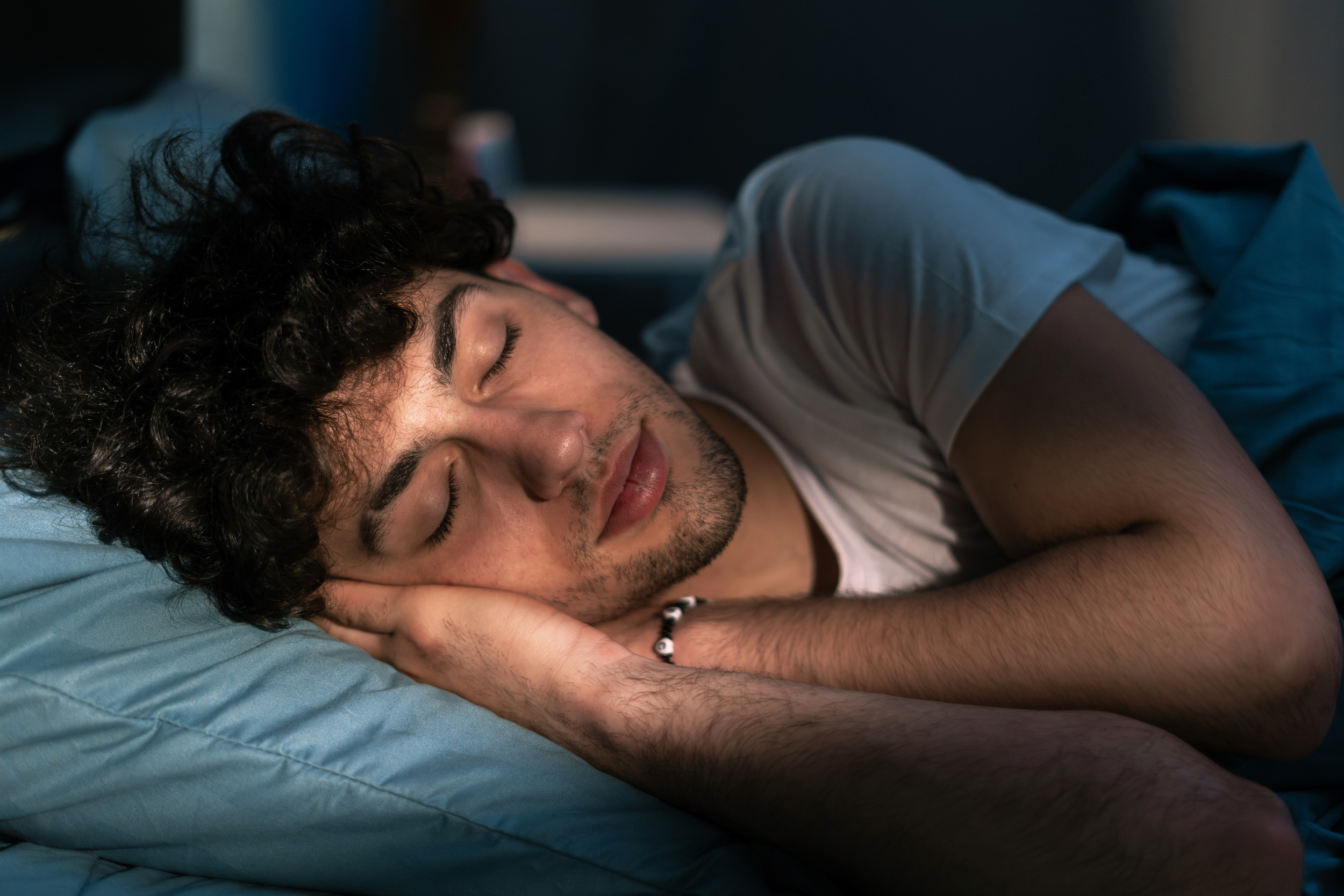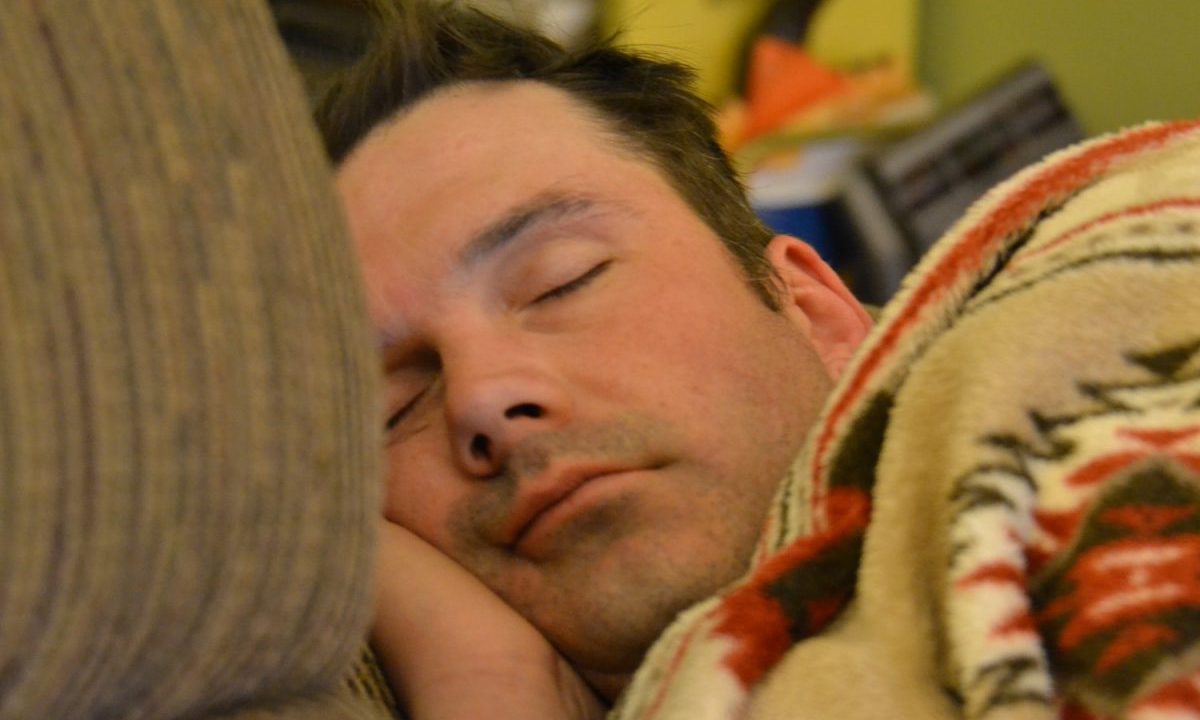Depending on our busy schedules or preferences, some of us work out in the evening, such as a sunset run or a pumped-up strength training session under the amber sky. Some people seem to have difficulty sleeping often, while others drift into dreamland the second their head hits the pillow.
There’s a lot of research to sift through regarding the best time to work out for different benefits. What about when it comes to getting restful sleep? Recently, researchers explored whether exercising within a few hours of bedtime impacts the amount of time you spend sleeping, and more. Will falling asleep be harder or easier after an evening or late-night workout? Let’s delve into the research.
The study

With such conflicting prior research, researchers were curious about how working out later in the day affected sleep. In a new study published in Nature Communications, researchers at Monash worked with the Whoop activity tracker and assessed data from 14,689 adults. All the adults had worn a Whoop tracker for at least a year, and the records indicated when and how intensely the adults had exercised daily based on their heart rates. The data also showed what time they went to sleep, how long they stayed asleep, and the overall sleep quality.
The researchers categorized the workouts as light, moderate, or hard. Participants completed brisk walks, easy jogs, long runs, high-intensity interval training, and other types of workouts.
The results

The results showed that exercising within about four hours of bedtime actually makes it more difficult to get to sleep and lowers sleep time by up to 43 minutes. This was even more prominent when workouts were intense, long, or both. Overall, the researchers concluded that pretty much any type of evening exercise affected sleep quality. Later exercise timing and higher exercise strain correlated with worse sleep, including lighter weight training or a gentle gym class.
On average, those who worked out or played a high-intensity basketball game or hockey game within two hours of bedtime needed an extra 36 minutes to fall asleep. Adults tended to sleep fewer hours following hard, evening exercise, with an increase in tossing, turning, and waking up throughout the night. The researchers pointed to the elevated heart rates and perhaps people being too ramped up after working out to nestle into the land of nod.
The takeaway

With such mixed results from prior research and with this being an associational study, it’s difficult to draw clear conclusions and rule out other possible influential and disruptive factors, such as glaring bright modern lights, sugary late-night snacks, and stress.
For some people, the evening is the only or the preferred time to work out, so the researchers suggested sticking to a lighter intensity, since the results were more noticeable as the exercise became more intense. The results were also more pronounced within two hours before bedtime, so it could be best to avoid that window if possible. One study doesn’t necessarily represent the entire population, so you could always experiment to see what type and duration of exercise works best for you at what time. I find light yoga and stretching close to bedtime helps lull me to slumber.




